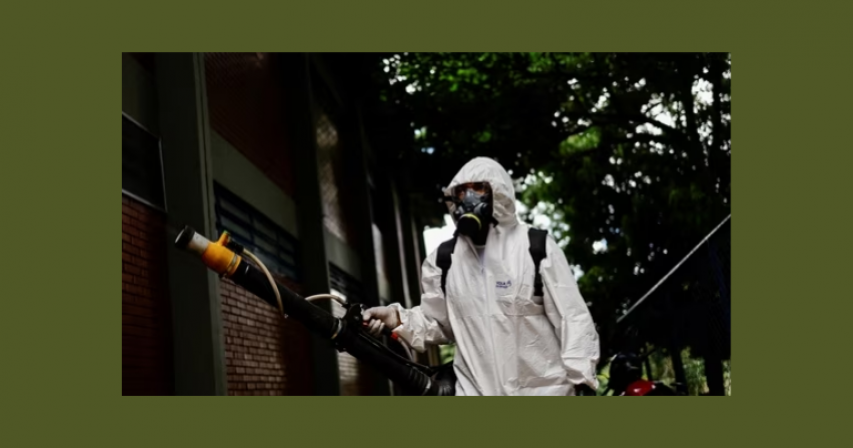Brazil's Dengue Outbreak: Tourist Season Concerns

Brazil is grappling with a severe outbreak of dengue fever, with health officials warning of a potential epidemic. The surge in cases, particularly during the key tourist season in February, has raised concerns about the spread of the disease. Efforts to contain the outbreak are underway, with public health workers actively searching for standing water where mosquitoes, the carriers of dengue, breed.
The outbreak has prompted several states, including Rio de Janeiro, to declare a public health emergency. This declaration coincided with the start of Rio's world-famous Carnival festivities, underscoring the urgency of the situation. Health surveillance data from Brazil's Health Ministry revealed a staggering increase in dengue cases, with over 512,000 cases reported nationwide. This figure represents a fourfold increase compared to the same period the previous year. Tragically, there have been 425 deaths attributed to dengue so far in 2024, surpassing the total number of deaths recorded in 2023.
Dengue fever is a viral infection transmitted to humans through the bites of infected mosquitoes, primarily the Aedes aegypti species. The conducive environment created by frequent rains and high temperatures accelerates the hatching of mosquito eggs, leading to a surge in mosquito populations. Infected individuals may experience symptoms such as high fever, headache, body aches, nausea, and a rash. In severe cases, dengue can progress to a life-threatening condition known as severe dengue, which requires hospitalization and can result in fatalities.
The warning signs of a potential epidemic were raised as early as September, when Brazil's leading research institute, the Oswaldo Cruz Foundation, issued a forecast predicting up to 4.2 million dengue cases in the country. This forecast served as an alarm bell for health authorities, prompting intensified efforts to mitigate the spread of the disease. Public health measures, including mosquito control initiatives and public awareness campaigns, have been implemented to curb transmission and reduce the burden on healthcare facilities.
Despite these efforts, the scale of the outbreak underscores the challenges faced by Brazil's healthcare system in combating infectious diseases. The surge in dengue cases during the tourist season raises concerns about the potential spread of the disease to other regions, including neighboring countries. The international community is closely monitoring the situation, particularly in light of the interconnectedness of global travel and trade.
In conclusion, Brazil's dengue outbreak highlights the importance of proactive measures to prevent and control infectious diseases. Timely interventions, including vector control measures and public health campaigns, are essential to mitigate the impact of outbreaks and protect public health. As efforts continue to contain the spread of dengue fever, collaboration between governments, healthcare professionals, and communities is crucial to effectively respond to the evolving threat posed by infectious diseases.
By: Sahiba Suri





Comments